Home / Certification
Financial modelling is a powerful tool which can be utilized for projecting the future financial performance of any company or a project. This workshop is designed to equip finance professionals and analysts with the skills to build robust and dynamic financial models. Through interactive sessions and case studies, participants will learn advanced Excel techniques, financial modelling best practices, and business valuation concepts. By the end of the workshop, participants will be able to create complex financial models and perform business valuations with confidence.
This workshop likewise is designed for finance professionals, analysts, managers or professionals working in equity research houses who want to enhance their financial modelling skills and stay ahead in their careers.
Course Eligibility
Participants are expected to have basic knowledge of finance concepts and MS Excel, No prior experience in financial modelling is required.
This course is suitable for :
- Finance managers and controllers
- Financial analysts and planners
- Investment bankers and equity researchers
- Management consultants and strategy professionals
- CPA and CFA professionals
- MBA students and finance professionals looking to transition into finance roles
Certification
Participants will receive a certificate of completion at the end of the course.
MS Excel Essentials for Financial Modelling
- Referencing vs Spilled array concept
- Logical and Conditional functions
- Conventional vs. New-age Lookup
- Data analysis and visualization using Pivot Table
- What-If Analysis
Financial Modelling Comprehensive Case for Operations
- Setting up a robust financial model from start to end
- Understanding forecasting, setting up revenue and cost drivers, capital expenditures, depreciation,financing structures, tax and dividend related inputs, calculations and outputs
- Setting up integrated financial statements and analyzing them
Pre-Operations Modelling
- Modelling the project set-up cost elements
- Incorporating financing including modelling debt and interest during construction (IDC)
- Breaking circular reference in the model using Excel’s in-built functionality and VBA Macros
Business Valuation
- Understanding valuation concepts, including key factors to consider
- Computing free cash flows
- Estimating cost of equity using CAPM model
- Understanding tax shield to arrive at cost of debt
- Computing weighted average cost of capital
- Evaluating Gordon Growth Model for Terminal value computation
- Running sensitivities by changing key variables used in valuati
Financial Modeling will also empower you to gain an edge when making a career or industry change. Financial Models can be used not only in the Finance industry but across a plethora of industries. Financial Modeling will help boost your career in Finance in incredible ways.
Financial modeling is the task of building an abstract representation (a model) of a real-world financial situation. This is a mathematical model designed to represent (a simplified version of) the performance of a financial asset or portfolio of a business, project, or any other investment.
You will get a CERTIFICATE OF PARTICIPATION from EDMONICS upon successful completion of the course.
Financial modeling course is ideal for professionals at every level including CAs, CFA® Charter holders, FRMs, MBAs, B.Tech graduates, Commerce graduates, and for those who have basic knowledge of Excel and Finance.
 Financial modelling exercises help in providing instant answers to things that may take months or even years to actually take place.
Financial modelling exercises help in providing instant answers to things that may take months or even years to actually take place. Gain in-depth knowledge of best-practice modeling principles.
Gain in-depth knowledge of best-practice modeling principles. Financial models can help in providing monthly assessments of the actual performance of the company versus what the budget or plan predicted it would. It helps business owners to make adjustments that will ensure the business rakes in profits at the
Financial models can help in providing monthly assessments of the actual performance of the company versus what the budget or plan predicted it would. It helps business owners to make adjustments that will ensure the business rakes in profits at the Build a defendable forecast for revenue and cost drivers
Build a defendable forecast for revenue and cost drivers Financial models help projects and businesses to lower financial risks. This is because business owners will know that if they do this, then this is what is likely to occur.
Financial models help projects and businesses to lower financial risks. This is because business owners will know that if they do this, then this is what is likely to occur. Learn how to extract relevant company information from various data sources
Learn how to extract relevant company information from various data sources Most business owners are not specialists of analyzing their business financials through modeling. This is because some people do not like dealing with numbers. However, if you do not enjoy this, then you should get assistance from financial modeling
Most business owners are not specialists of analyzing their business financials through modeling. This is because some people do not like dealing with numbers. However, if you do not enjoy this, then you should get assistance from financial modeling  Business models can easily be shared with other individuals who are situated in various locations. This helps in enhancing input and analysis because you get feedback from different people in your organizations.
Business models can easily be shared with other individuals who are situated in various locations. This helps in enhancing input and analysis because you get feedback from different people in your organizations. 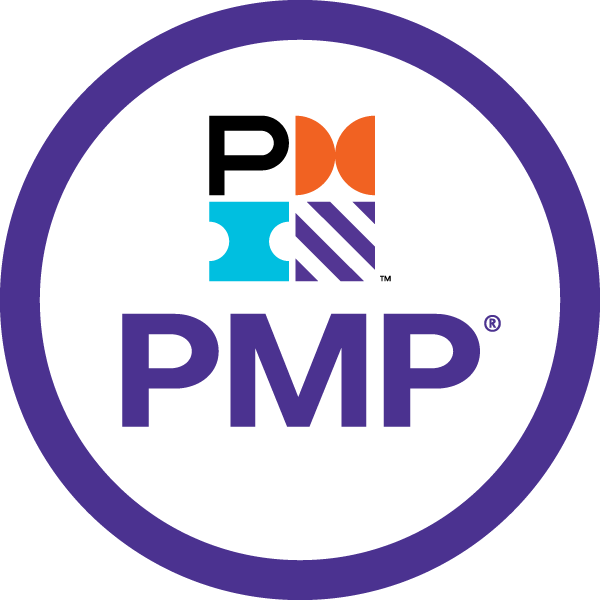
Project Management Professional (PMP) is an internationally recognized professional designation offered
Read More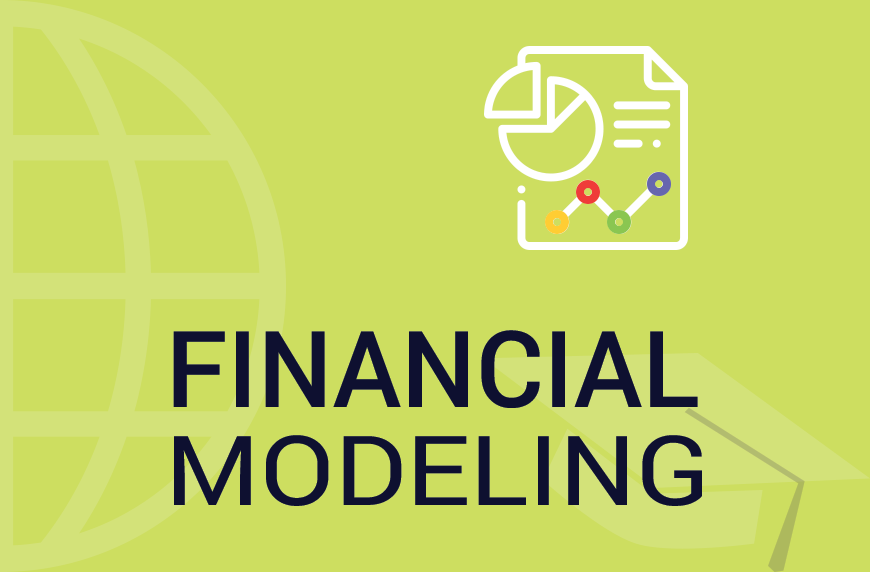
Financial modelling is a powerful tool which can be utilized for projecting the future financial pe
Read More
ITIL is a widely-adopted body of knowledge and best practices for successful IT service management that
Read More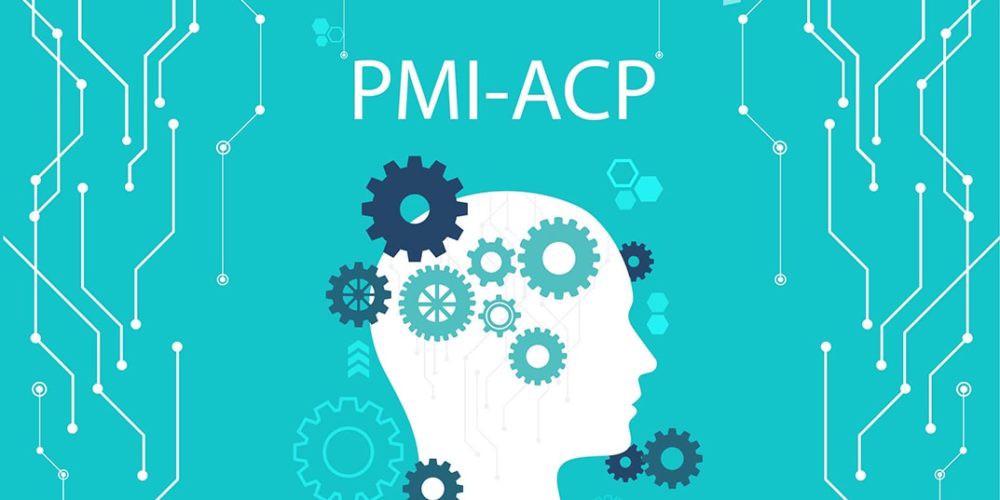
Presently Companies are under increasing pressure to adapt to rapidly evolving market conditions. In order
Read More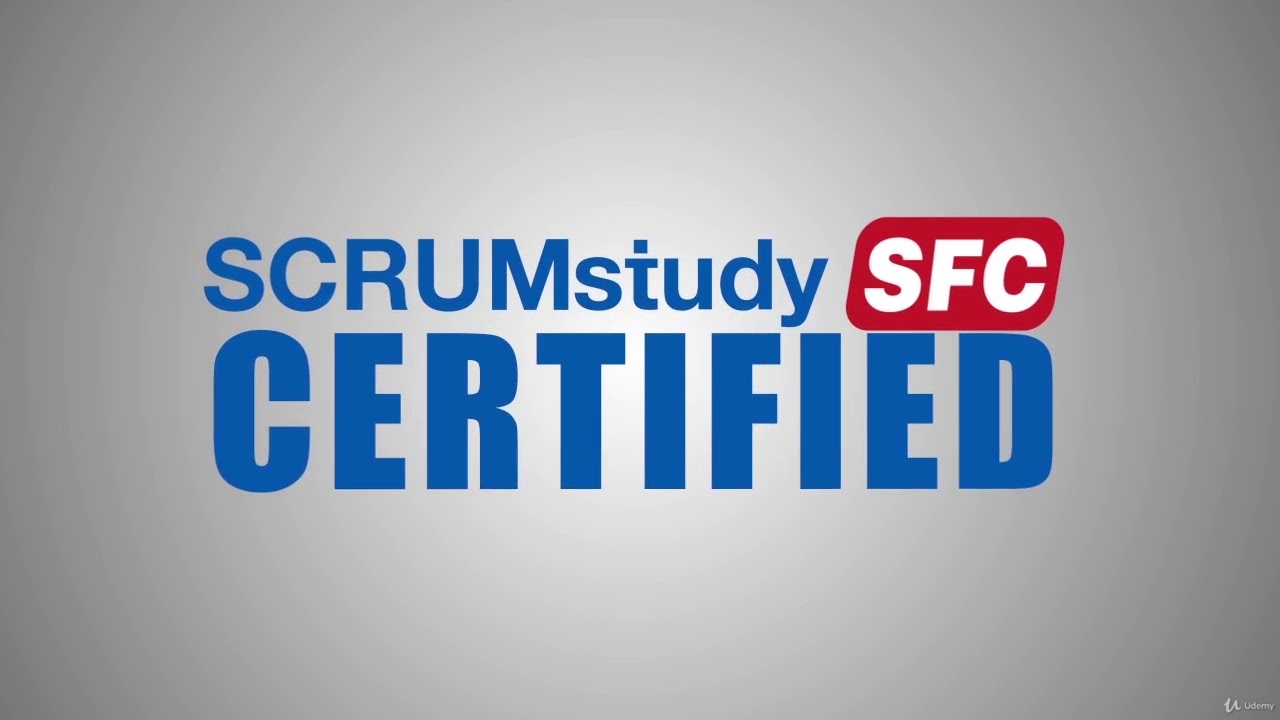
'Scrum Fundamentals Certified' course is tailored to help anyone interested to know more about S
Read More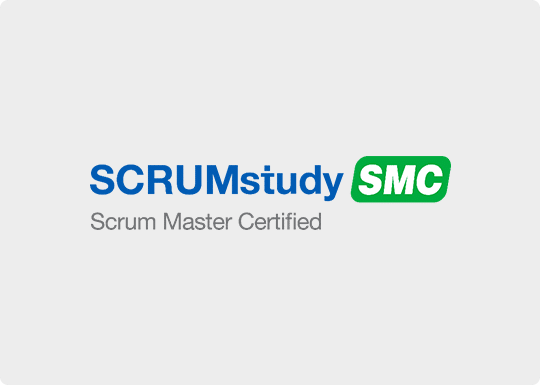
Scrum Master Certified (SMC®) professionals are facilitators who ensure that the Scrum Team is provi
Read More
Data visualization is a powerful way for people, especially data professionals, to display data so that
Read More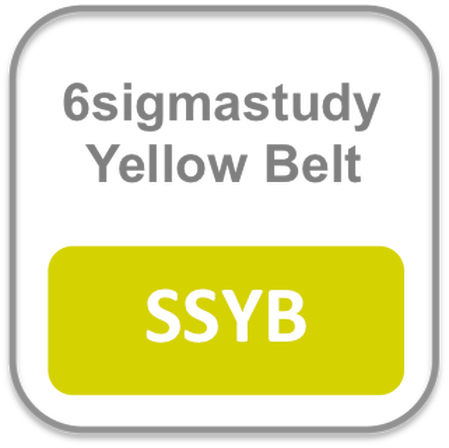
The Six Sigma Yellow Belt course is tailored to help anyone interested to know what Six Sigma is; learn
Read More
Six Sigma Green Belt course focuses on providing students with an understanding of the various Six Sigma
Read More
Six Sigma Black Belt (SSBB) certification focuses on testing students on their comprehensive understandi
Read More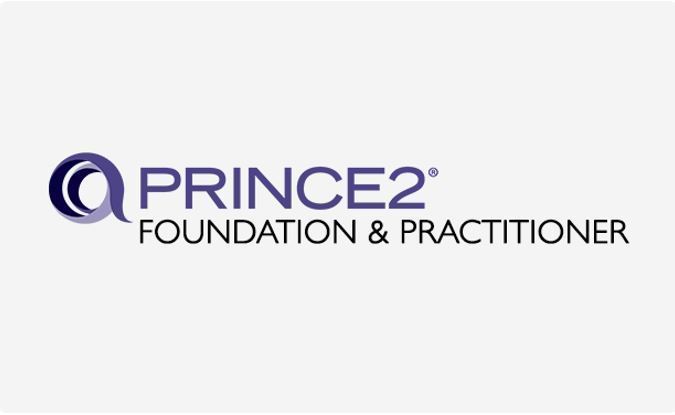
PRINCE2 (PRojects IN Controlled Environments) is a structured&nbs
Read More
Data visualization is a powerful way for people, especially data professionals, to display data so that
Read MoreCopyright © 2020 Edmonics Learning Solutions.